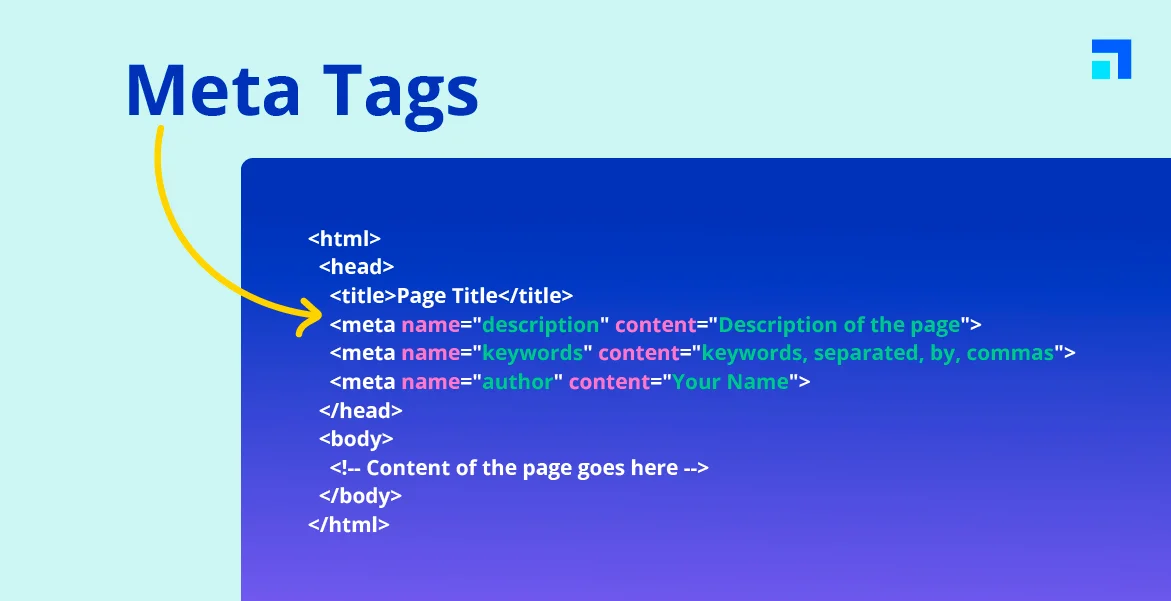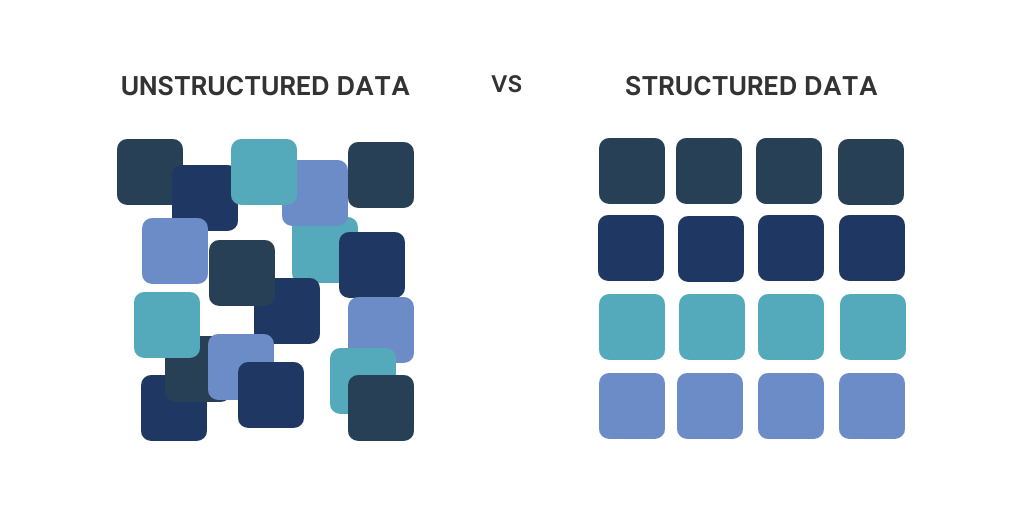In search engine optimization (SEO), one question that has persisted over the years is the importance of the meta keyword tag for ranking.
The meta keyword tag, once a critical element in SEO strategies, has witnessed a substantial transformation in its relevance. In this comprehensive blog, we will delve into the history of the meta keyword tag, its current status, and its role in modern SEO practices.
The Evolution of Meta Keyword Tags
To understand the significance of the meta keyword tag today, it’s essential to explore its evolution. The meta keyword tag was introduced in the initial years of the World Wide Web when search engines were just beginning to spread their wings. It allowed webmasters to include a list of keywords related to their content within the HTML of a webpage. These keywords were used by search engines to gain insights into the content and context of the webpage and rank it accordingly.
However, as search engine algorithms advanced, webmasters and SEO professionals began abusing this tag. They stuffed irrelevant or excessive keywords into the meta keyword tag, aiming to manipulate search results. This led to a decline in the reliability of the tag as a ranking factor.
The Decline of the Meta Keyword Tag
As search engines like Google became more sophisticated, meta keyword tags declined as search engines turned more complex and competitive. For instance, as Google evolved into a more sophisticated search engine with refined algorithms, it moved away from relying solely on the meta keyword tag for ranking. The misuse of this tag, coupled with the introduction of more advanced algorithms, led to its diminished importance. Finally, in 2009, Google officially announced the end of the meta keyword tag as a ranking factor in its search algorithm.
Other major search engines, including Bing and Yahoo, followed suit in disregarding the meta keyword tag. They emphasized the use of more reliable signals such as quality content, backlinks, and user engagement metrics for ranking websites.
Modern SEO Best Practices
Today, SEO has evolved into a complex and multifaceted discipline, with a strong emphasis on user experience and content quality. With the change in the nature and scope of SEO, a shift has also been demonstrated in the content strategy of websites, as search engine algorithm now emphasizes more on delivering value to users. Let’s examine the key factors that have taken precedence in modern SEO practices:
1. Content Quality
The most critical aspect of SEO today is content quality. Search engines prioritize webpages that provide valuable, relevant, and well-structured information to users. Content should be informative, engaging, and crafted for mindful human readers, and not merely stuffed with keywords to manipulate search engine bots. As such, keyword stuffing is strongly discouraged.
2. User Experience
User experience (UX) is another paramount consideration for SEO. Search engine algorithms lead SERP visitors to web pages that have consistent and adaptable user interfaces. As such, websites that offer a seamless user experience rank higher, with Google prioritizing factors like mobile responsiveness, faster loading speed, intuitive navigation, high CTR, etc. for ranking instead of meta keyword tags.
3. Backlinks
Backlinks, also known as inbound links, are links that connect to your website from other web pages on the internet. The quality and credibility of the backlinks linking to your website is a critical factor that contributes to how search engine algorithms view your website and rank it. from other websites to yours.
4. On-Page SEO
On-page SEO helps your individual web pages to stand out in the SERPs and attract organic traffic. While the meta keyword tag may have lost its significance, other on-page elements like title tags, meta descriptions, and header tags remain essential for SEO.
5. Social Signals
While not a part of the direct SEO component, robust presence and engagement across social media platforms can positively impact search engine rankings. Instead of meta keyword tags, the captions and hashtags used across social media can help search engines better contextualize posts and rank them in search results to specific user queries.
The Role of Meta Keywords in Modern SEO
In light of the changing SEO landscape, the meta keyword tag’s role has evolved from a primary ranking factor to a minor one. While it no longer holds the same importance it once did, it can still have some relevance in specific situations.
1. Meta Keywords for Internal Use
Some content management systems and website platforms still allow the use of the meta keyword tag. In such cases, webmasters can use it to organize and categorize a webpage’s content internally. Doing so can help in identifying the primary focus of a webpage, making it easier for website administrators to manage and classify content.
2. Meta Keywords for Localization
In certain niche industries and markets, the meta keyword tag might still be considered for SEO. This is especially relevant for non-English websites and specific geographic locations where search engines may not be as advanced. However, even in these cases, it’s more of a supplementary element rather than a decisive factor.
3. Competitor Analysis
In the realm of competitive SEO, analyzing the meta keyword tags of competitors can provide insights into their keyword strategies. Although it may not directly impact rankings, understanding the keywords your competitors target can inform your own SEO strategy.
The Potential Pitfalls of Meta Keywords
While there are limited scenarios where meta keywords can offer some benefits, it’s crucial to be aware of potential pitfalls:
1. Keyword Stuffing
One of the most significant dangers associated with meta keywords is the temptation to engage in keyword stuffing. This practice involves adding excessive keywords to the meta keyword tag, which can lead to penalties from search engines. It’s essential to use relevant and appropriate keywords sparingly.
2. Misleading Information
The use of meta keywords can sometimes mislead users and search engines. If the keywords do not accurately represent the content of a webpage, search engines can misinterpret the context of the webpage and rank it lower or in irrelevant SERPs. All these can negatively impact the performance and credibility of the website.
3. Limited Impact
Even when used correctly, the impact of meta keywords on search rankings is minimal compared to other SEO factors. It should not be the primary focus of your SEO efforts.
Conclusion
The meta keyword tag has seen a significant decline in importance. The days of using this tag as a primary tool for ranking higher on search engines are long gone. Modern SEO is focused on content quality, user experience, backlinks, on-page optimization, and social signals.
However, while the meta keyword tag may not be entirely obsolete, its role is now marginal at best. It may still find some use in specific scenarios, such as internal content organization or localized SEO strategies. It can also provide insights for competitor analysis. Nevertheless, it’s vital to use meta keywords judiciously and avoid the pitfalls of keyword stuffing and misleading information.
In the current SEO landscape, success depends on adopting a holistic approach that prioritizes high-quality content, user satisfaction, and ethical optimization techniques. The meta keyword tag may be a relic of the past, but the fundamentals of SEO have evolved to embrace a more user-centric and content-driven approach that ultimately benefits both websites and their visitors. If you are confused on, what strategy should you be using for your company, try contacting Professional SEO services.







